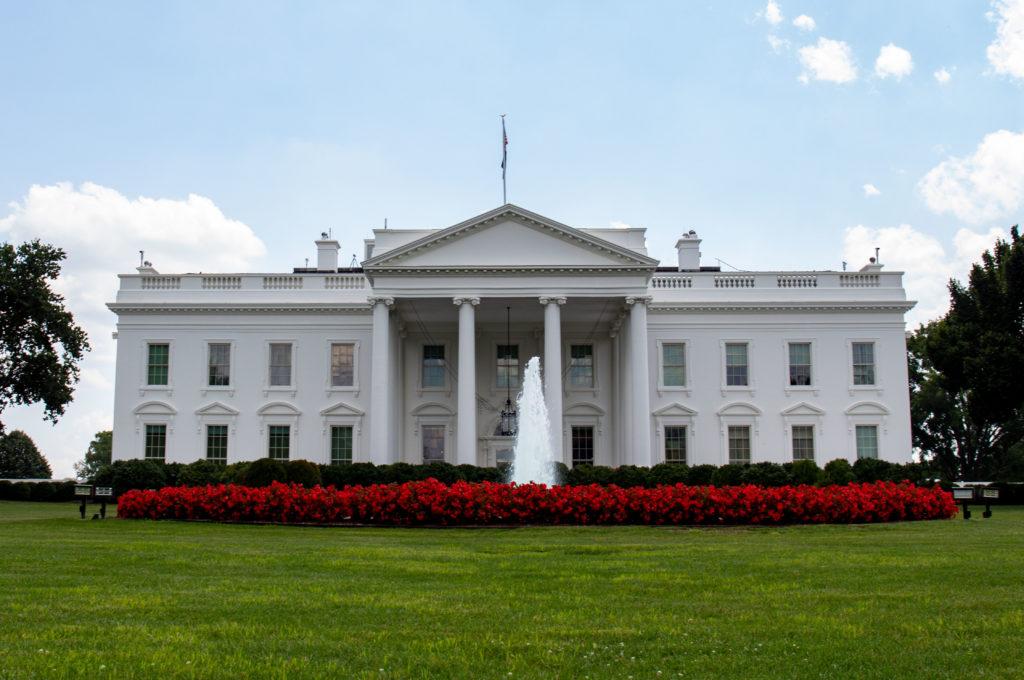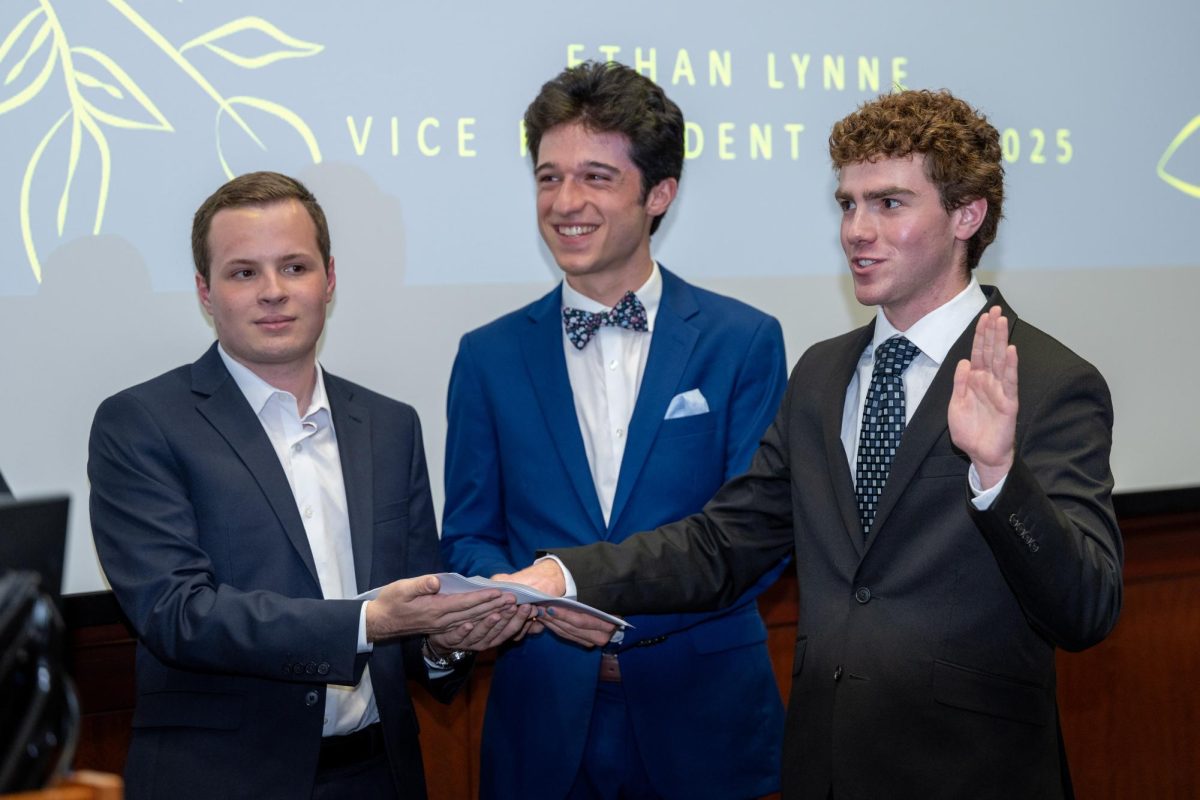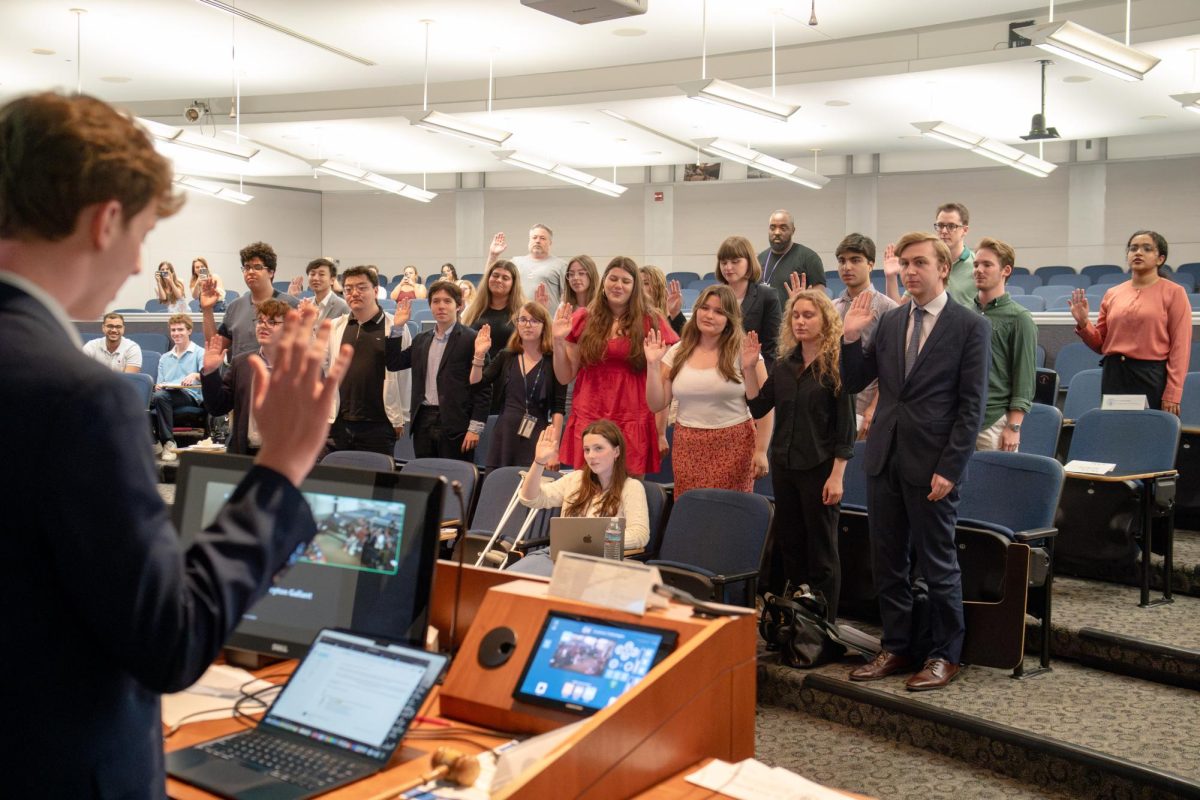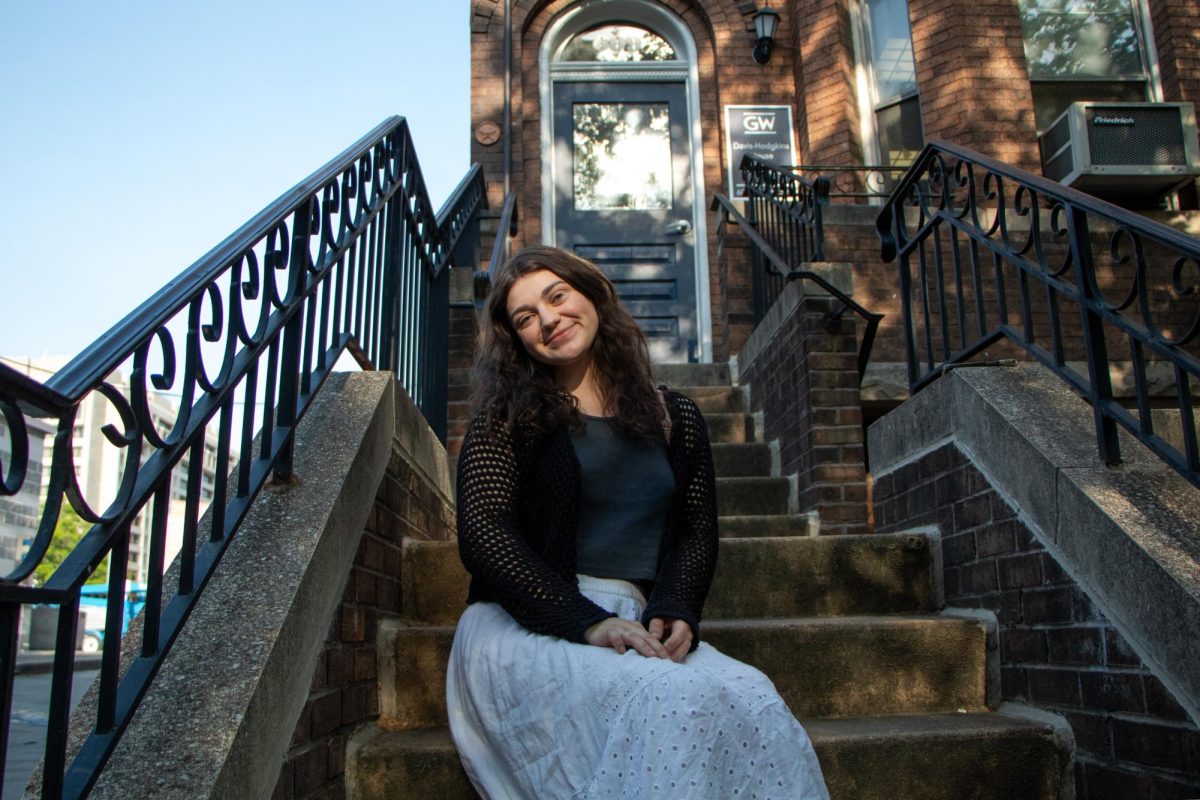The expected introduction this week of a resolution to create a Student Association tuition task force marks another step in this year’s student-led push for a lower tuition increase and more discussion on University financial issues.
The SA Senate will introduce a proposed amendment to its bylaws Tuesday to form the Tuition Action Commission. The bill’s sponsors said they hope the committee will increase student input in the administration’s tuition allocation process.
“Many of us in the SA feel we need a mechanism to address the way our money is spent,” said undergraduate Sen. Jason Haber (CSAS), co-sponsor of the bill. “On an issue like tuition that’s so important, we feel something should be in the bylaws of our constitution that requires the SA to act on behalf of the students on this issue.”
Haber said last year’s tuition increase, coupled with constant student questions about the administration’s use of student fees, triggered the creation of the commission.
He said he expects the commission to be “fact finding and information gathering,” providing the SA with fuel to pass resolutions in an attempt to influence the administration’s fiscal decisions.
“When we’re uninformed about the issue, we can’t do any good, we can’t help anyone. And right now, we know so little information,” Haber said.
Students Against Yearly Increases in Tuition (SAYIT), an independent student activist group, was formed last spring in response to the pending tuition increase. Haber acknowledged that SAYIT and TAC are similar, but he said TAC has SA and Senate support.
Undergraduate Sen. Jesse Strauss (CSAS), the primary sponsor of the bill, said the administration spends a certain amount of tuition revenue each year beyond the Higher Education Price Index, and he said students want an input in where those funds go.
“The faculty gives their recommendations to the administration, and the administration does it, but the students do not have a list of spending priorities, and that’s what TAC does,” Strauss said. “It creates what’s called `student budgetary priorities,’ which states where students want to see money spent.”
If the bill to amend the Senate’s bylaws is passed Tuesday, the next SA president will be authorized to appoint the director of TAC. The director, in turn, would appoint the rest of the commission.
Undergraduate Sen. Patrick Macmanus (at large) said he originally opposed the amendment to create TAC because in its original form the bill only allowed for legislative involvement on the commission.
The amendment in its present form, lauded by Macmanus as a compromise, allows for executive appointments to the commission.
According to the language of the amendment, 12 students will be on the commission, including four senators and two students who are “preferably not affiliated with the SA.”
“The original intentions were to make it a commission with only legislative participation,” Macmanus said. “I believe the senators should be on it, but I don’t think they should be the only people on it.”
He said the SA’s executive branch should play a large role in the commission.
“The way that I perceive the executive is an individual who has to take under his belt everything that affects students. Tuition is the predominant thing that effects students. This year it is our responsibility, and I hope that President (Kuyomars “Q”) Golparvar will take it on himself to become extremely involved in the entire decision-making process,” he said.
“It goes beyond tuition, it goes to every issue,” Macmanus said, emphasizing the importance of the SA President’s involvement in issues that affect students.
“The president has to keep his hands in the pies, and I don’t believe that is happening. And I think that with something as important as tuition increase it’s got to happen,” Macmanus said. “I think that the executive and the legislature working together will be more effective than either of them working alone.”
Golparvar said a group of SA representatives, SAYIT members and other students currently are addressing the tuition issue. They are compiling information on tuition, including data from student surveys that are circulating, that will be presented to the administration later this semester.
“I get regular reports of what they’re doing, and I help where I can, but that is why they formed the commission,” Golparvar said.
The success of the newly-formed Dining Services Commission, which includes legislative and executive involvement, was cited by senators as an impetus behind the structure of TAC. Haber said he does not have utopian hopes for the commission, but said he believes it will be able to work toward change.
“We realize that there is going to be (a tuition increase), and we realize that even some years it is going to be high. But what we don’t realize and don’t expect is that we should be left out in the dark in the process,” Haber concluded.







